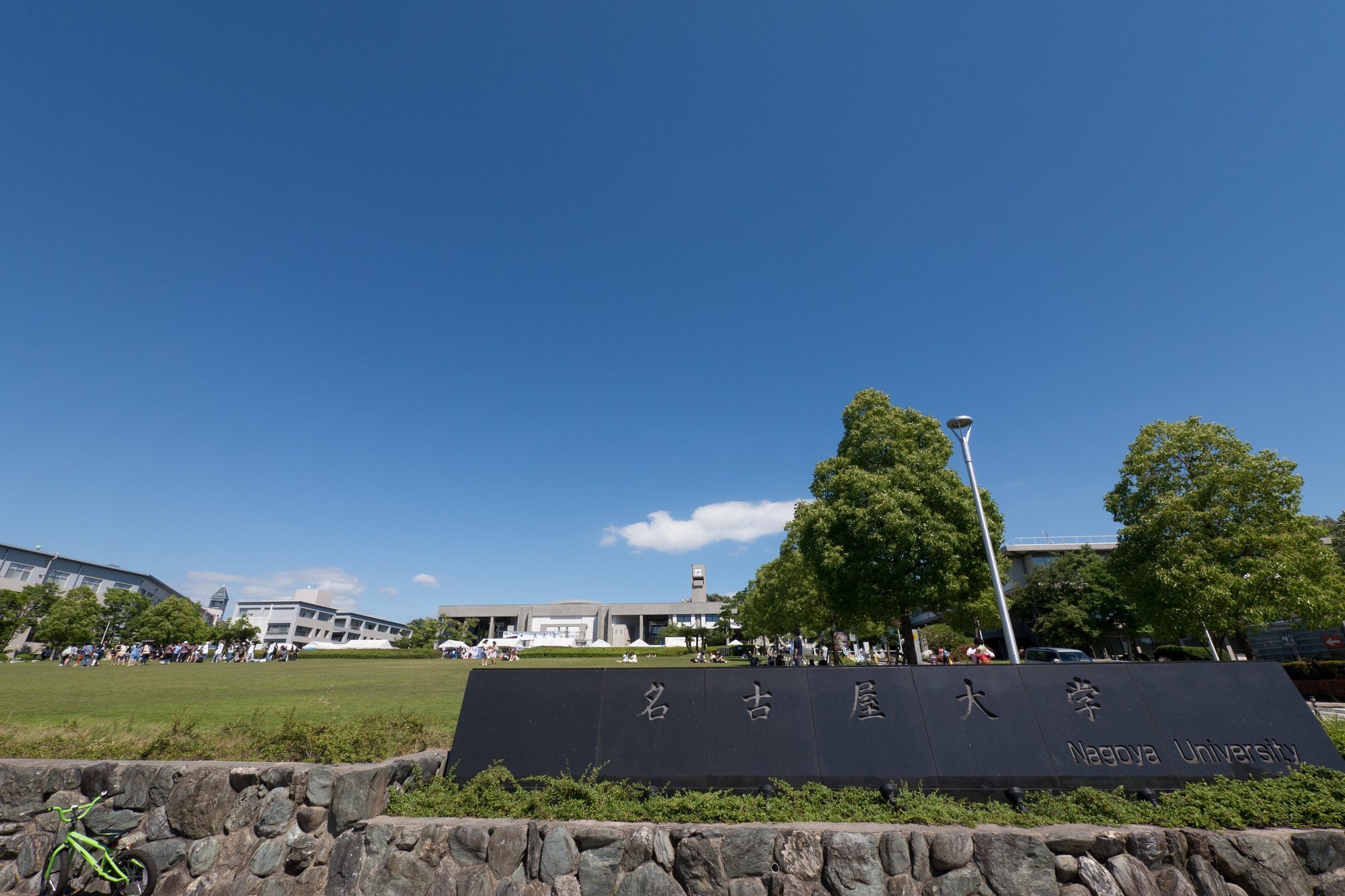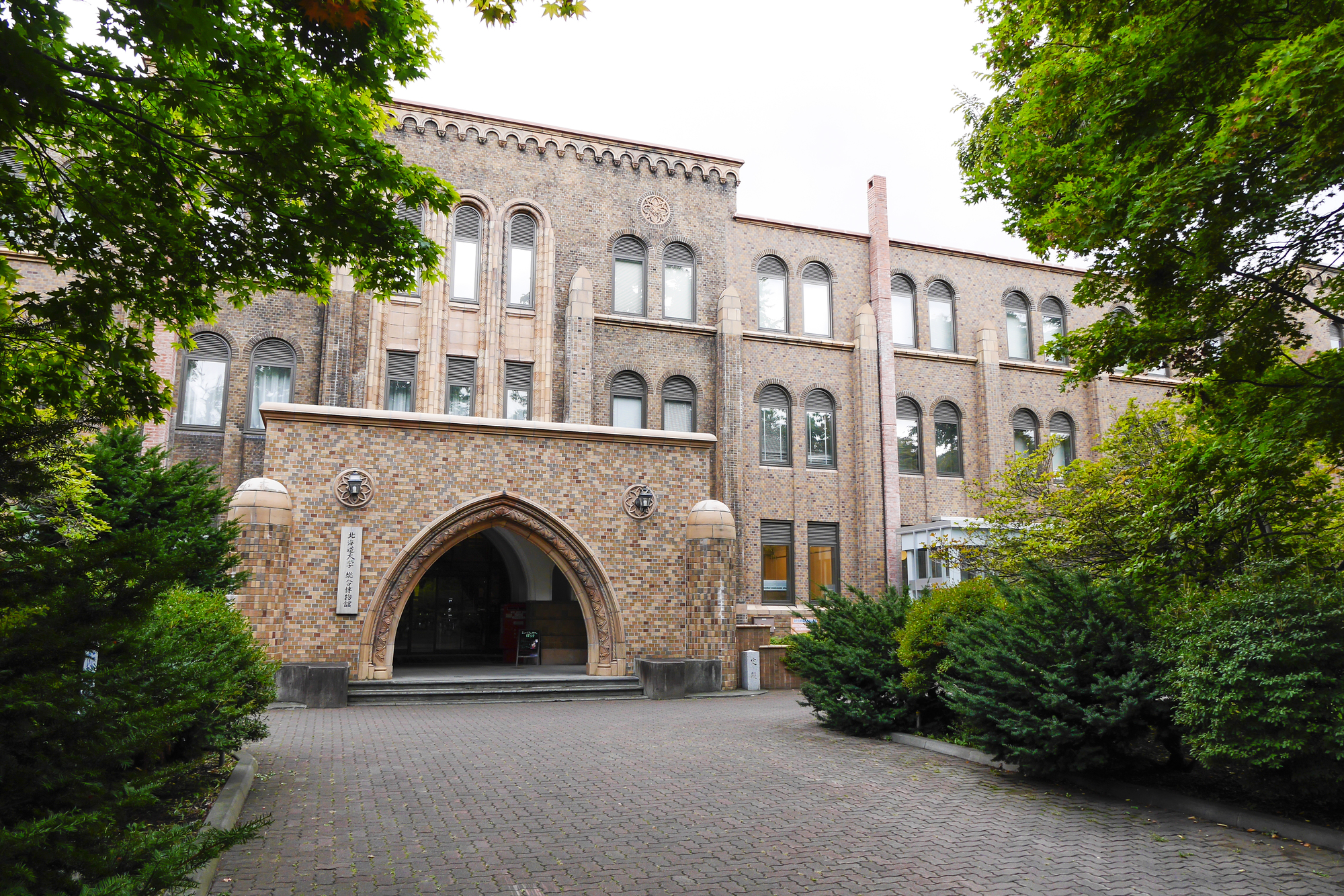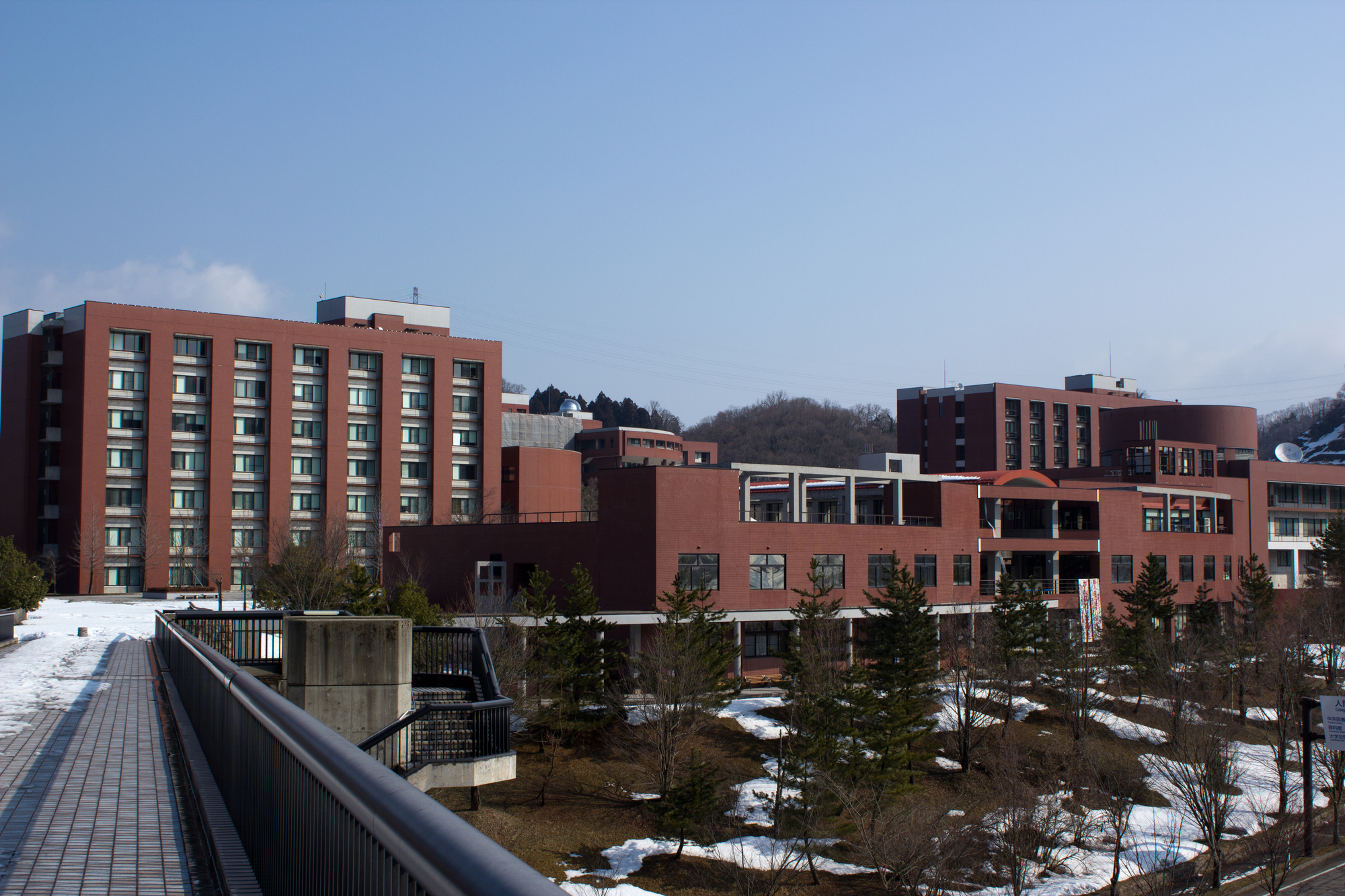The research group of Professor Katsukatsu Kaneda of Kanazawa University Pharmaceutical Insurance Research Area, Professor Shuji Kaneko of Graduate School of Pharmaceutical Sciences, Kyoto University, Professor Akihiro Yamanaka of Research Institute of Environmental Medicine, Hokkaido University, and Professor Masafumi Minami of Hokkaido University Graduate School of Pharmaceutical Sciences is stressful. For the first time in the world, we have elucidated why the desire for cocaine increases.
According to Kanazawa University, the research group focused on noradrenaline, a stress hormone, in the medial prefrontal cortex of the brain, which has been suggested to be involved in drug cravings.When we investigated the effects of noradrenaline on signal transduction and cell activity between neurons in the medial prefrontal area, we found that noradrenaline significantly increased excitatory neuronal signaling and enhanced neural activity.
Furthermore, blocking the action of noradrenaline in the medial prefrontal cortex of mice was found to significantly suppress the stress-increased desire for cocaine.The research group believes that noradrenaline causes excessive excitement in the medial prefrontal cortex, resulting in an increased desire for cocaine.
In drug addiction such as narcotics and stimulants, "relapse", in which the drug is stopped and then taken again, makes treatment difficult.There are various factors that cause relapse, and daily stress has been considered to be one of them.However, it has not been clarified where and how stress acts in the brain, leading to relapse.




